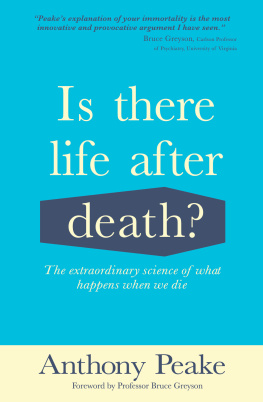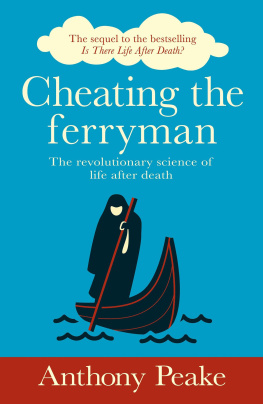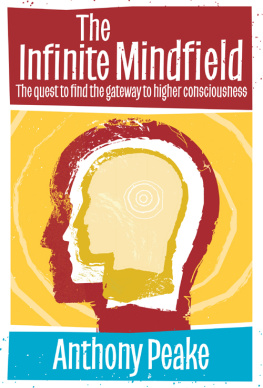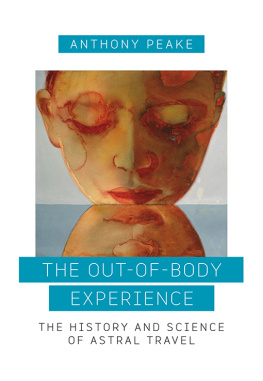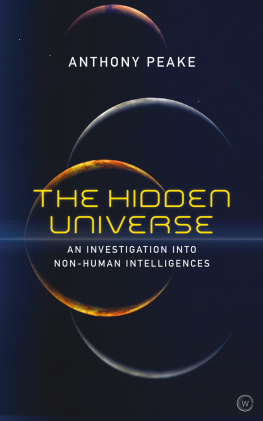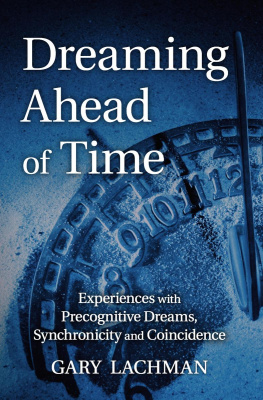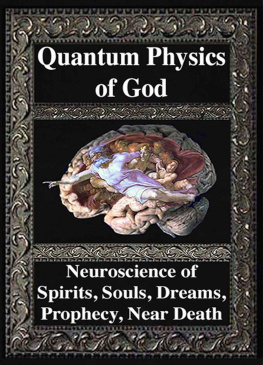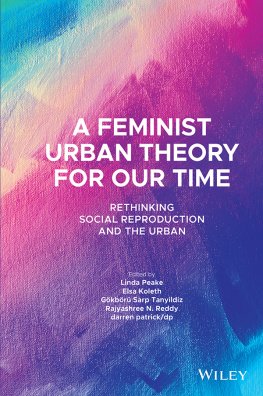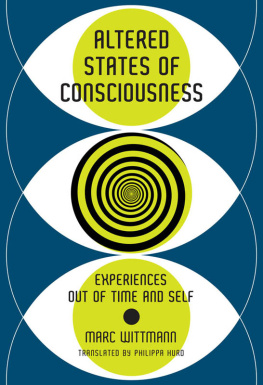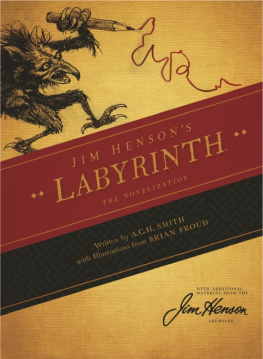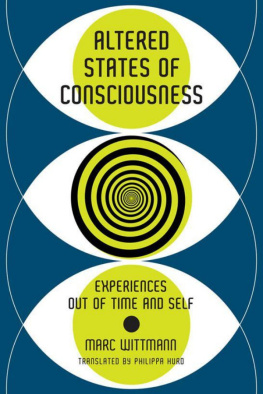All rights reserved. No part of this publication may be reproduced, stored in a retrieval system, or transmitted, in any form or by any means, electronic, mechanical, photocopying, recording or otherwise, without prior written permission in accordance with the provisions of the Copyright Act 1956 (as amended). Any person or persons who do any unauthorised act in relation to this publication may be liable to criminal prosecution and civil claims for damages.
PROLOGUE:
THE HYPOTHESIS
Back in March 2000 I had an idea. It was to write a book.
That was it.
I had no idea what I was going to write about. I knew that it would be non-fiction and that it would probably discuss subjects that would be at the further reaches of science and philosophy. I planned to spend a year writing it and my plan was that by March 2001 I would have a book.
Much to my surprise, exactly 12 months later the book was written. In that year I had been involved in the greatest intellectual adventure of my life. I had learned a huge amount about quantum physics, neurology, theology and esoteric philosophy. More importantly, I had somehow pulled all this information together to create a simply amazing hypothesis about the nature of consciousness, how it related to time and how future events could be perceived before they took place. And there was more. This model, which I decided to call cheating the ferryman (now popularly known as CTF), also contained a possible explanation of the greatest mystery of all: what happens to human consciousness at the point of death.
Eleven years later I find myself writing my fifth book. Each of my previous works has expanded upon the initial cheating-the-ferryman hypothesis. This concept is dynamic in that it has grown and adapted. As I have discovered more information with regard to the nature of consciousness and reality, so this information has been added to, like applying new colours to a still-wet canvas. What started as a simple idea, seemingly drip-fed to me as I wrote my first book, has grown into an international movement involving people from virtually every country on the planet. I have my own web-based forum and I appear regularly on television and radio across the world. My books really seem to have changed many lives and they have facilitated an amazing flowering of creativity. There are now novels, rock albums, poems and paintings based on the cheating-the-ferryman concept. There is even a line of mens underwear that has been developed by a young New York-based Canadian.
Although later books have fine-tuned the CTF concept, it is still the first book, Is There Life After Death? The Extraordinary Science of What Happens When We Die (now popularly known as ITLAD), that introduced the hypothesis to the world. It was released in 2006 by the organization responsible for this book, Arcturus of London. It was this small, independent publisher, and more specifically its Managing Director, Ian McLellan, and Editorial Director, Tessa Rose, who saw something in the manuscript and decided to take a gamble with a totally unknown, first-time author based in Harrogate, a small town miles away from London. The rest, as they say, is history.
Which brings me to this book. In it I will be discussing the mysteries of time. For example, what exactly is time and how can we really understand its true nature? More importantly, it will review evidence that under certain circumstances human beings seem to be able to precognize the content of the future: that is, perceive events that have yet to take place. Within the generally accepted model of Newtonian science this is simply impossible. Time is something that comes into existence as we perceive it. We seem to travel through it and in doing so we turn the potentiality of the future into the actuality of the present moment and the non-existence of the past. This flow is inexorable and its motion can be measured by clocks, the motion of the planets and even, as we shall discover, the micturition (urination) of baboons.
However, if this is the case then how can anybody have advance knowledge of the future when it hasnt happened yet? The past similarly doesnt exist but it has been experienced and as such it remains in memory. Indeed, those memories can be shared with others to prove that past events actually took place; they are, as those who study consciousness term them, consensual. All involved agree that they took place. But the future is different. We can have no agreement about future events because they are yet to happen. We can make a guess as to what may take place but this is all it is, an extrapolation from available data and information. But some people seem to be able to predict with great accuracy what is about to take place in the near, middle and even distant future.
My cheating-the-ferryman hypothesis suggests an answer. Reflecting on the curious subjective phenomenon known as dj vu, it proposes that this strange sensation of familiarity is, in fact, a memory of a past life in which the subject is experiencing an event for (at least) the second time. Research has shown that more than 70 per cent of humanity have experienced this sensation at least once. This suggests that a similar number of individuals are re-living a life already lived (technically known as dj vcu). If this is the case then it is possible that some of us can remember an event that is yet to take place in this world but has already been experienced in another. We predict the future by remembering the past.
How such a scenario can be accommodated is explained in great detail in my previous books. However, in general terms, I suggest that at the moment of death consciousness falls out of time and continues to exist in a timeless place I call the Bohmian IMAX (named after the physicist and independent thinker David Bohm whose work has influenced me greatly). In this permanent now there is more than enough subjective time for a person to experience many hundreds, if not many thousands, of lives. From the letters and emails I have received and the questions I am usually asked during media interviews and after public lectures, it is clear to me that many find this the most difficult of my concepts to understand. I can appreciate this and I accept it is a possible reflection on my own inadequacies as a writer.
This book is my attempt to put that right. Together we will explore the mysteries of the all-pervading dimension we call time. I will review the philosophy, the physics and the neurology of temporal flow and then I will turn our attention to the subjective experiences of time. I will discuss evidence that under certain circumstances people can precognize things yet to happen, visit the past, journey into the future, slow time down and even speed it up. We will visit the furthest reaches of human understanding and discuss how such ideas have stimulated some of the greatest writers, poets and film-makers. In short, by the end of our journey we should know a great deal more about time. Whether we will be any closer to understanding what it is may be open to debate. However, if you enjoy the adventure half as much as I have then we will have at least not wasted too much of that most precious of commodities time itself.


